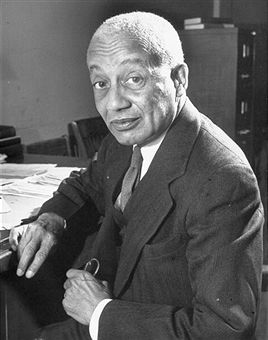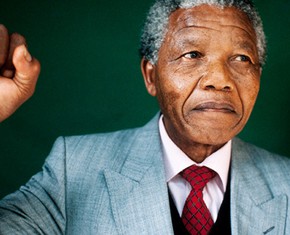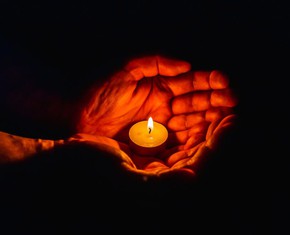The views expressed in our content reflect individual perspectives and do not represent the authoritative views of the Baha'i Faith.
Just as Abraham Lincoln proclaimed racial emancipation for America, Baha’u’llah proclaimed racial and interracial emancipation for the world.
Just as Lincoln used his war powers to issue the 1863 Emancipation Proclamation as an executive order, Baha’u’llah used his revelatory powers to issue the 1873 Universal Emancipation Proclamation as a divine decree.
Lincoln’s Emancipation Proclamation was secular. Baha’u’llah’s Universal Emancipation Proclamation was religious and therefore, ultimately secular as well.
Baha’u’llah’s Universal Emancipation Proclamation did not have the force of secular law. But it did have the force of divine law. Its force was immediate spiritually. Its force will be universal, eventually.
In the interim, Baha’u’llah’s Universal Emancipation Proclamation not only liberated the races, it elevated the human race. It raised, among others, Baha’i philosopher Alain Locke, the first black Rhodes scholar and the Dean of the Harlem Renaissance, who many regard as the “Black Plato.”
This is not my opinion, but the opinion of no less than the Rev. Dr. Martin Luther King, Jr., who proclaimed, in an unpublished speech made on March 19, 1968 in Clarksdale, Mississippi:
We’re going to let our children know that the only philosophers that lived were not Plato and Aristotle, but W. E. B. Du Bois and Alain Locke came through the universe.
Alain Leroy Locke (1885–1954) was America’s race relations ambassador, at home and abroad—a role that Locke shared with his colleague, the great W.E.B. Du Bois. Locke became a Baha’i in 1918, the very same year that he received his PhD in philosophy from Harvard University.
In his heyday, Alain Locke was a national figure, an American icon. The magnetism of his personality was not the prophetic thunder of a Du Bois, nor the oracular ability to move masses of a Dr. Martin Luther King, Jr. But Locke’s disarming charm and powerful intellect armed him with a consummate wit and ability to connect with the audiences of his day, even when raising the somewhat “taboo” and troublesome issues of race and economic injustice.
This is why Locke, with his more subtle charisma, attracted national renown. Locke was a great American because he used his national prominence for the good of his nation and the community of nations.
In June of 1953 Locke retired from Howard University with the rank of professor emeritus and with an Honorary Degree of Doctor of Humane Letters. On June 5, 1953, in his unpublished acceptance speech, Locke said:
In coming to Howard in 1912, I was fortunate, I think, in bringing a philosophy of the market place not of the cloister. For, however much a luxury philosophy may be in our general American culture, for a minority situation and a trained minority leadership, it is a crucial necessity. This, because free, independent and unimposed thinking is the root source of all other emancipations. … A minority is only safe and sound in terms of its social intelligence.
Earlier in his life, Locke wrote:
We must begin working out the new era courageously, but it must be a revolution within the soul. How many external wars and revolutions it will make unnecessary, if it is only possible!
And we must begin heroically with the great apparent irreconcilables; the East and the West, the black man and the self-arrogating Anglo-Saxon, for unless these are reconciled, the salvation of society in this world cannot be.
If the world had believingly understood the full significance of Him who taught it to pray and hope “Thy Kingdom come on earth as it is in Heaven” who also said “In my Father’s house are many mansions”, already we should be further toward the realization of this great millennial vision.
The word of God is still insistent,… [in] Baha’u’llah’s “one great trumpet-call to humanity”:
“That all nations shall become one in faith, and all men as brothers; that the bonds of affection and unity between the sons of men should be strengthened; that diversity of religion should cease, and differences of race be annulled … These strifes and this bloodshed and discord must cease, and all men be as one kindred and family.[”]
©2014 by Christopher Buck.

















Comments
Sign in or create an account
Continue with Googleor